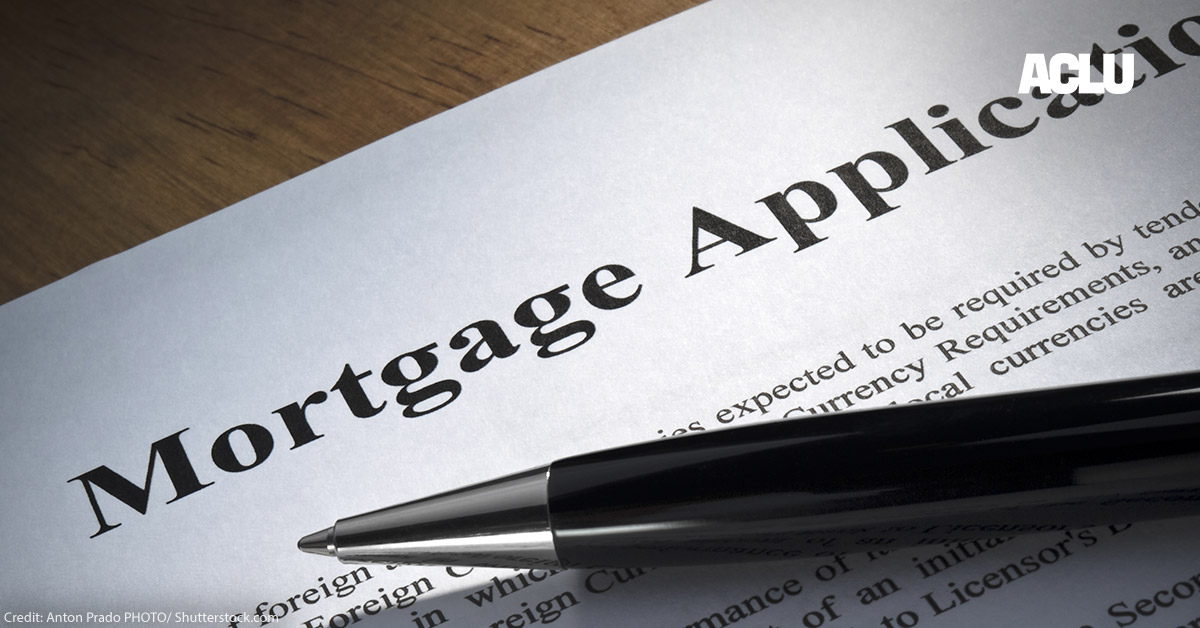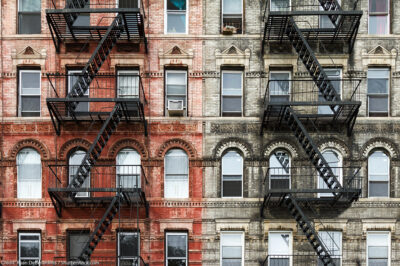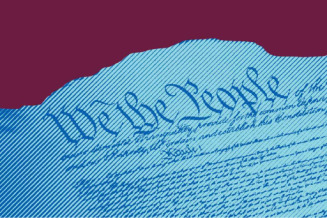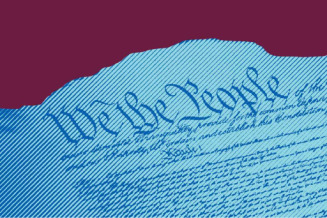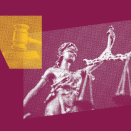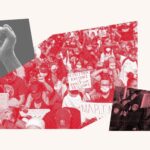Race and Economic Justice
Through litigation and advocacy, the ACLU works to remedy deeply entrenched sources of inequality and ensure that access to opportunity and the ability to build wealth is available to all.
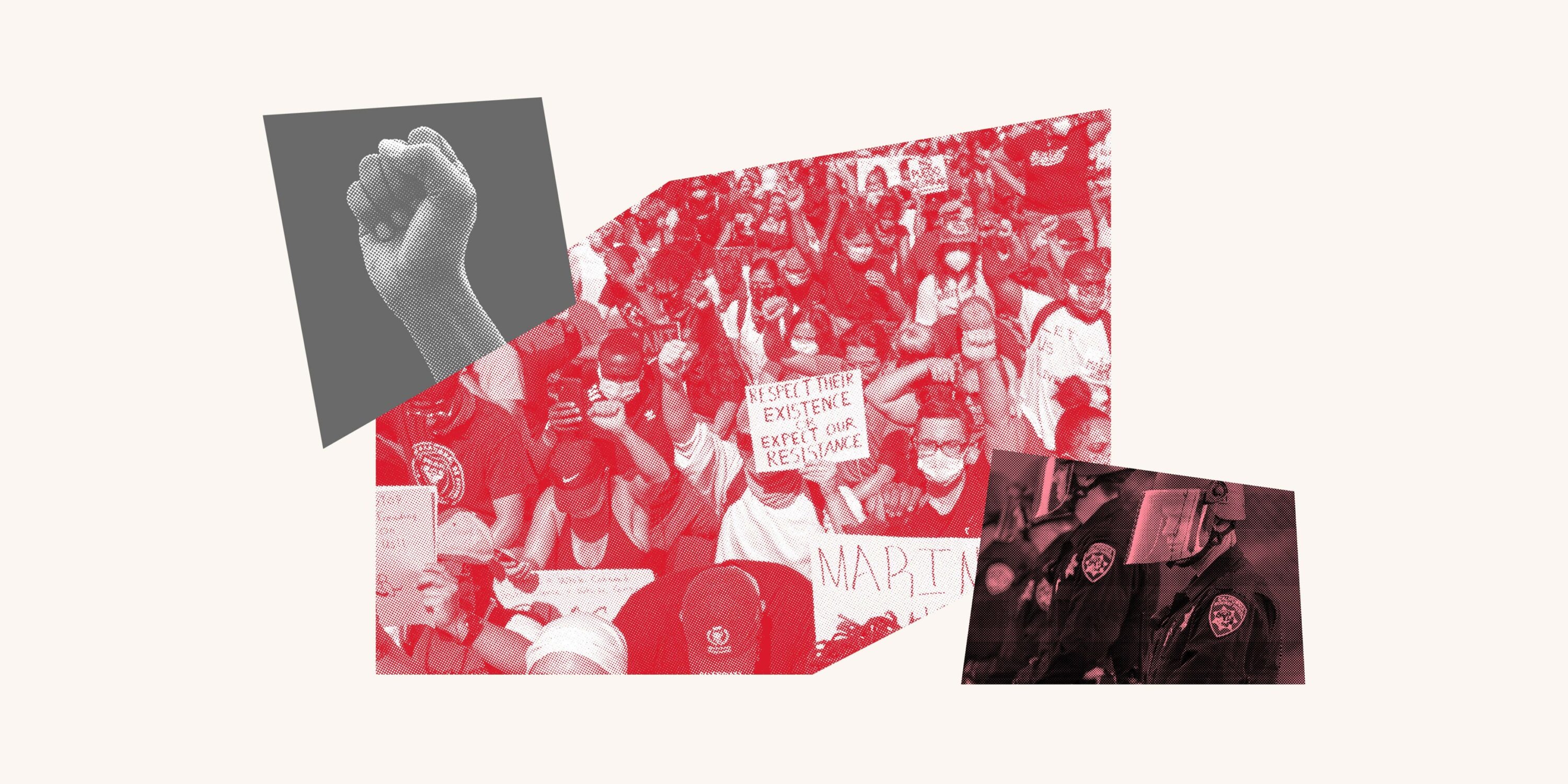
What you need to know
The Latest
Explore More
What's at Stake
For much of the country’s history, formal and explicit racial restrictions prevented people of color from accessing the mainstays of economic life, including employment and homeownership. Though explicit racial classifications were outlawed by the civil rights statutes passed in the 1960s, yawning disparities in wealth, income, and other economic opportunities remain, preventing us from achieving true racial justice in America. These racially disparate outcomes reflect a combination of covert discrimination, structural inequality, and implicit biases, and they have become more severe in the continuing aftermath of the economic crisis of 2008.
Focusing especially on issues relating to credit and homeownership, the ACLU uses litigation and other advocacy to remedy deeply entrenched sources of inequality and ensure that access to opportunity is not allocated according to race. Because, as Dr. Martin Luther King, Jr., put it, “What does it profit a man to be able to eat at an integrated lunch counter if he doesn’t have enough money to buy a hamburger?”
For much of the country’s history, formal and explicit racial restrictions prevented people of color from accessing the mainstays of economic life, including employment and homeownership. Though explicit racial classifications were outlawed by the civil rights statutes passed in the 1960s, yawning disparities in wealth, income, and other economic opportunities remain, preventing us from achieving true racial justice in America. These racially disparate outcomes reflect a combination of covert discrimination, structural inequality, and implicit biases, and they have become more severe in the continuing aftermath of the economic crisis of 2008.
Focusing especially on issues relating to credit and homeownership, the ACLU uses litigation and other advocacy to remedy deeply entrenched sources of inequality and ensure that access to opportunity is not allocated according to race. Because, as Dr. Martin Luther King, Jr., put it, “What does it profit a man to be able to eat at an integrated lunch counter if he doesn’t have enough money to buy a hamburger?”
